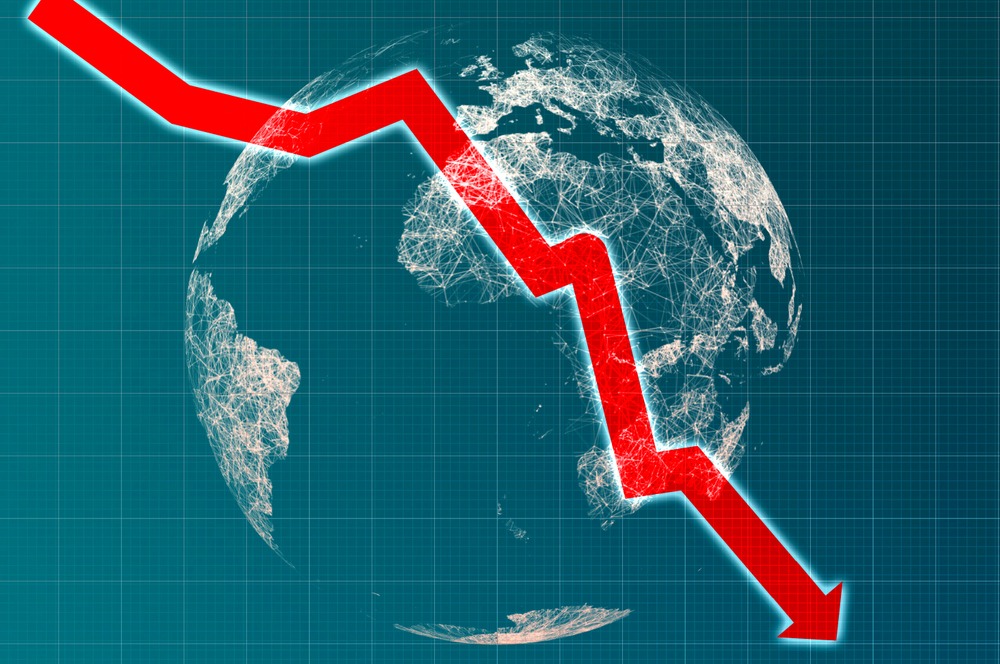Is the Middle East Set for a Sharp Economic Fall Down This Year?
The coronavirus pandemic is creating a rise in human costs worldwide, and the necessary protection and medical measures are severely impacting the economic sector. As the world responds to the pandemic, the public health sector is, of course, the first level of concern, and in looking at how it is affecting the Middle East, especially the Gulf Cooperation Council (GCC) states, the virus is causing a serious economic crisis.
What sets the GCC states apart from other Middle Eastern countries is the damage that can be done by a Chinese slowdown. Oman is currently very vulnerable since it mainly relies on exports. “In the summer of 2017, a group of Chinese financial institutions issued a $3.55 billion loan that allowed the Omani government to cover its fiscal deficit,” and in 2019, “Oman’s government projected a budget deficit of over $7 billion,” according to the Atlantic Council. So with a country as economically fragile as Oman, China going offline is hitting hard.
Other GCC countries, on the other hand, rely mostly on exporting energy “with 85 to 90 percent of federal budget revenues coming from energy exports. This is compounded by the fact that 67 percent of Gulf energy exports are sold to East Asia, meaning other non-Chinese trade partners are also suffering economically and cannot pick up the slack,” according to the Atlantic Council.

According to Forbes, The International Monetary Fund (IMF) just released an economic prediction regarding the economic status of the Middle East and it shows that “every economy across the Middle East and North Africa (MENA) region is forecast to shrink this year, with declines ranging from a 1.1% contraction for Kuwait to a 12% decline for Lebanon. Egypt is the only country the IMF expects to post any growth this year, at 2%, although that is still far lower than the 5.6% expansion seen last year.”
On the other hand, oil export countries, like the GCC states, are expected to suffer worse than oil importers this year. Countries that export oil are expected to suffer a 3.9% contraction in their economies, those which rely on imports are forecast to see a decline of 0.8%. Across the Middle East and North Africa region, the decline is set to be 3.3%, some 5.9 percentage points lower than forecast by the IMF in its previous release according to Forbes
Therefore, the coronavirus crisis is definitely going to leave lasting scars on the global economy and most countries need to expect their economies to see far less growth than planned, even if they fully recover by 2021.
Those statistics are based on the current lockdown Middle Eastern countries are imposing. If these lockdown policies are going to take place for a long period, we should all prepare ourselves for a darker future, the so-called “Great Lockdown” that’s going to represent “the worst recession since the Great Depression, and far worse than the Global Financial Crisis,” said Gita Gopinath, the economic counselor and director of the IMF’s Research Department.
